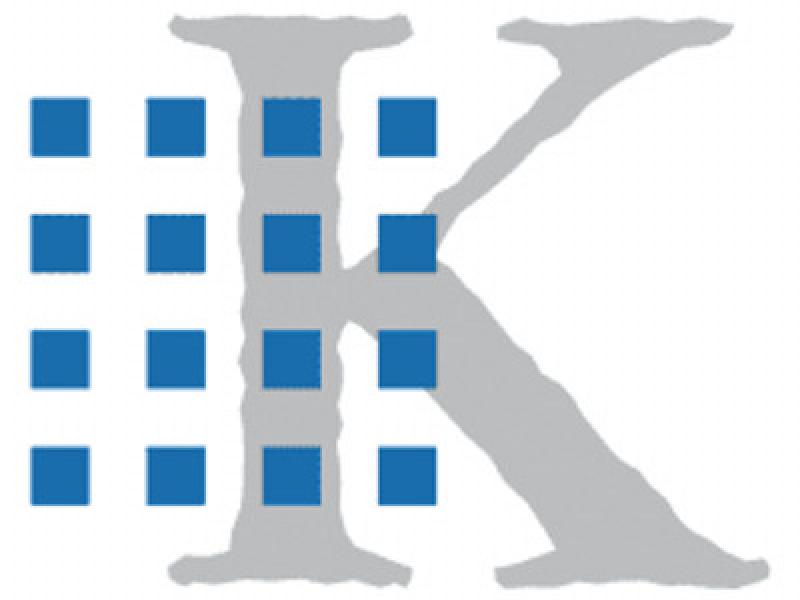"Digital media and music edition"
International Colloquium of the Academies Union

Date:
16.11.2006 bis 18.11.2006Place:
Academy of Sciences and Literature, Plenary Hall, Geschwister-Scholl-Str. 2, 55131 Mainz.
Categories:
ConferenceContact:
Gabriele BuschmeierFrom November 16 to 18, 2006, around 75 scholars from Germany, Great Britain, the Netherlands, the USA and Austria will discuss the importance of digital media for the critical editions of great composers. The international colloquium "Digital Media and Music Editions" is organized by the Committee for Musicological Editions of the Academies Union and the Competence Center for Electronic Cataloging and Publication Processes in the Humanities of the University of Trier. It takes place on the premises of the Academy of Sciences and Literature, Mainz.
The colloquium is divided into two sections, which will be followed by a final workshop. On Thursday, November 16, 2006, IT-based literary and musicological projects will be presented. On Friday, the focus will be on the music editions: On the basis of selected projects such as the “Digital Mozart Edition”, forms of coding will be discussed, but the development of new sources, problems with data storage and structuring and other technical questions will also be discussed. In a workshop on Saturday, the perspectives of digital editions in musicology will be explained together - topics include research funding, possible standards and tools, the possibilities of future networking and closer cooperation. The aim of the colloquium is to bring musicology closer to the use of digital technologies than before.
Location: Academy of Sciences and Literature, Plenary Hall, Geschwister-Scholl-Str. 2, 55131 Mainz.
Time: Thursday, November 16, 2006, 2 p.m. to Saturday, November 18, 2006, 12.30 p.m.
Journalists are very welcome.
The Committee for Musicological Editions of the Academies Union has the task of coordinating the long-term musicological edition projects within the framework of the academy program and of advising the Union and, in particular, the Mainz Academy, which supervises the projects scientifically. The committee is currently coordinating 17 musicological editing projects with 21 jobs and around 60 employees in ten federal states. The projects include the New Mozart Edition, the New Bach Edition, the Haydn Complete Edition, the New Schubert Edition, the Wagner Complete Edition, the Schumann Complete Edition, the New Brahms Edition and the Halle Handel Edition .
In the past, the committee has already organized several symposia on central themes in musicology, for example on "Opera incerta" and the "Composers' Letters of the 19th Century". At these symposia, experts examined, among other things, which methods were used in public Funds funded editions of the major editions and what effects the chosen paths have on the scientific goal of the projects. With the topic of "Digital Media and Music Editions", the Committee for Musicological Editions has decided on a very topical issue, since the electronic media in the Implementation of the edition projects and the publication of their results become of central importance.
Your contact person
Dr. Gabriele Buschmeier, coordinator of the musicological editions of the Union of German Academies of Sciences, Tel .: 06131/577120, E-Mail: Gabriele.Buschmeier akademienunion.de (Gabriele[dot]Buschmeier[at]akademienunion[dot]de)
akademienunion.de (Gabriele[dot]Buschmeier[at]akademienunion[dot]de)
The Union of German Academies of Science is the umbrella organization of seven science academies that have come together to implement common interests. More than 1,600 scientists from various disciplines are united under the umbrella of the Union, who are among the nationally and internationally outstanding representatives of their disciplines. The Union coordinates the "Academy Program", which is one of the largest and most important humanities research programs in the Federal Republic of Germany. The Union is responsible for the coordination and implementation of joint research projects of its member academies. It recommends the formation of priorities for related projects, promotes communication between the academies and conducts press and public relations work. It communicates with scientific organizations at home and abroad and sends representatives to national and international scientific organizations. Organized cooperation between the German-speaking academies of science has existed for over 100 years. It goes back to the so-called "cartel", which was founded in Leipzig in 1893 to support over 30 joint academy research projects.

